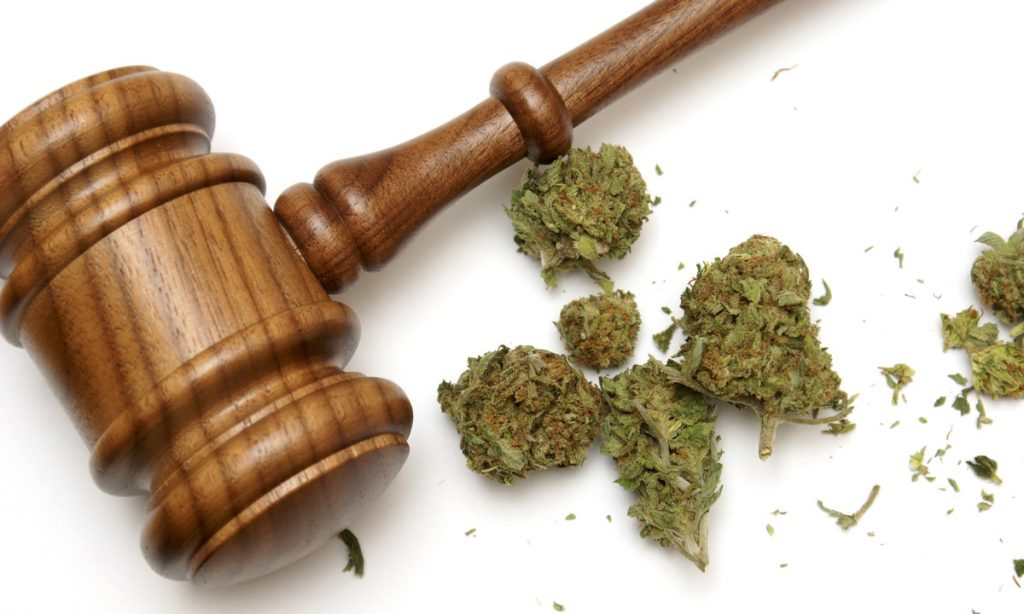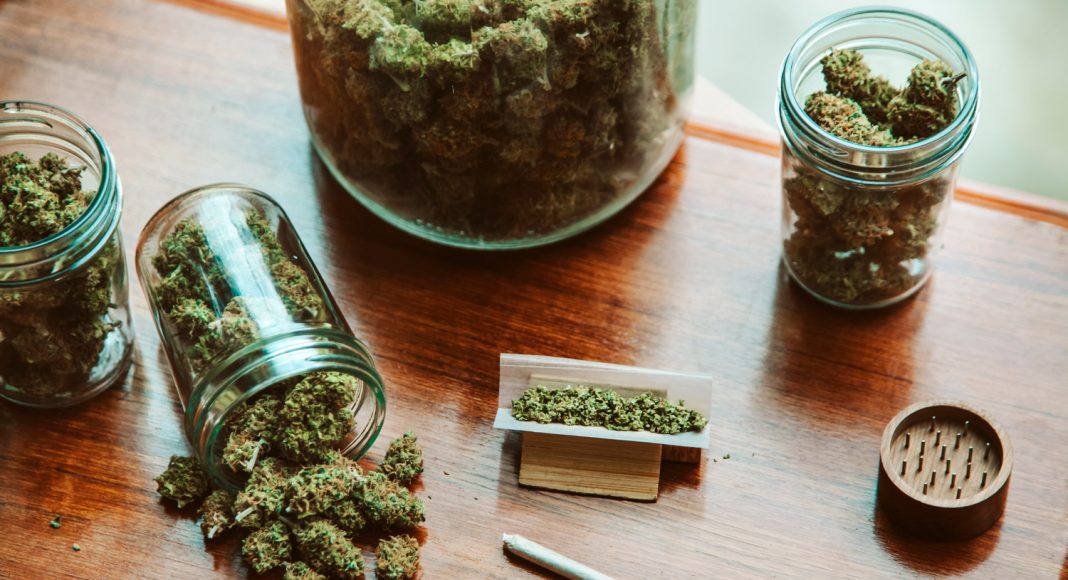If marijuana was regulated like tobacco and alcohol, the effects of the vaping illness would have been minimized.
According to the latest findings from the Centers for Disease Control and Prevention, vitamin E acetate is to blame for America’s vaping illness. The CDC found the chemical, used to dilute and extend THC vaping liquid products, in all 29 fluid samples provided by patients in 10 different states. The vaping disease has sickened more than 2,000 and killed 39, the federal agency’s records show.
But one lung doctor is declaring this all could have been avoided. In a passionate NBC News op-ed, Vin Gupta, assistant professor of pulmonary and critical care medicine at the University of Washington, wrote that marijuana legalization could have prevented the disease and remains the solution today.
RELATED: Legalizing Marijuana Seems To Lower Teen Interest In Weed
“I would argue that the current vaping epidemic that we’re experiencing right now may not have occurred, or the chances of it being such an epidemic may have been minimized, if marijuana was legalized at the federal level,” Gupta says in Now This video.
While Americans can recreationally use marijuana in 11 states and medically access it in 33 states, the substance is still a Schedule I drug in the federal government’s opinion. This inhibits the controlling agencies at the federal level, like the Food and Drug Administration, from properly regulating and testing products available for mass consumption. This allows bad operators in the black market, and at the legal level, to jeopardize American lives for a quick buck.
Some estimates state that vaping products account for 30% of all legal marijuana sales, although customers have stopped purchasing concentrates at the same rate since news of the outbreak. But the FDA hasn’t examined any of these products. Instead, some regulatory body should provide oversight akin to the alcohol and tobacco industries.

“Other federal agencies, like the Alcohol and Tobacco Tax and Trade Bureau (TTB), exist to ensure compliance with a host of laws regulating advertising, product safety and voluntary recall of alcohol and tobacco products,” Gupta writes. “Placing marijuana under their jurisdiction would establish further safeguards on how these potentially damaging substances can be used.”
RELATED: Black Market Marijuana Is Poisoning Public Forests
Those within the cannabis industry agree with Gupta. One chief executive at Tilray, the Canadian pharmaceutical and cannabis company, noted that many vaping illness cases have been linked to products purchased from informal sources, either on the street or secondhand. That doesn’t happen in Canada, Tilray CEO Brendan Kennedy said.
“All the products that we produce in Canada and produce around the world are well tested by not only Health Canada, but regulators in other countries,” Kennedy told CNBC. “One could argue this vaping crisis could lead to more legalization.”


